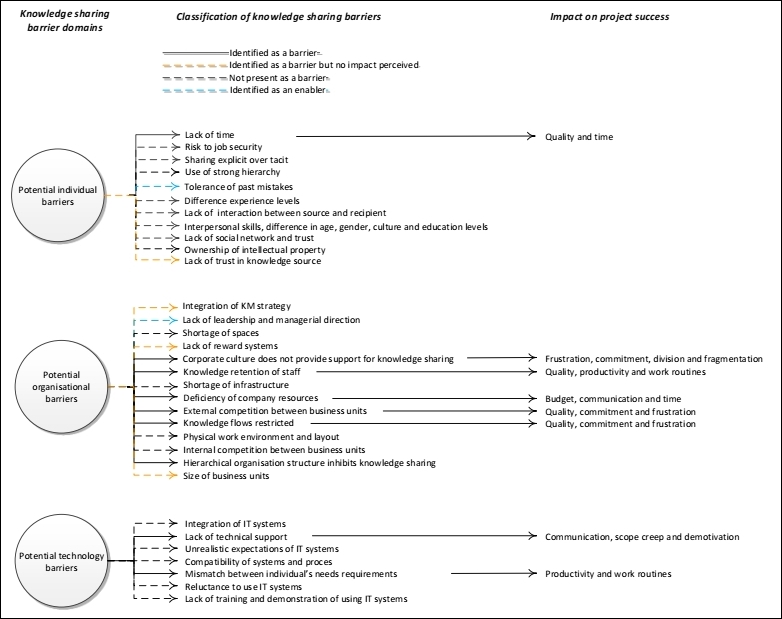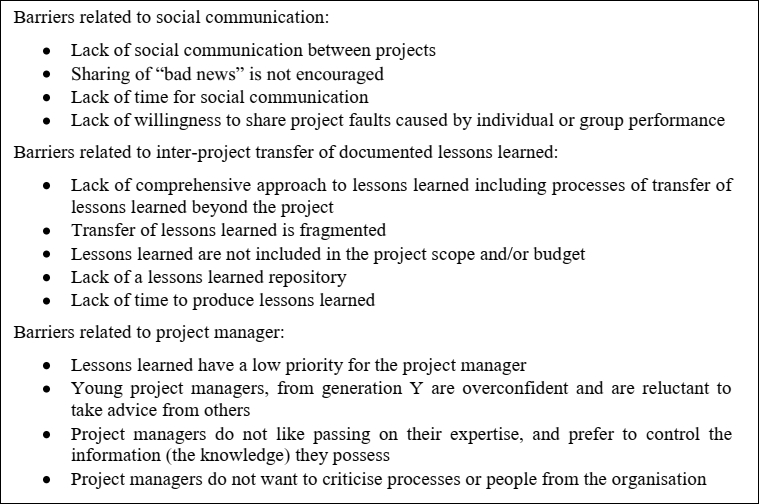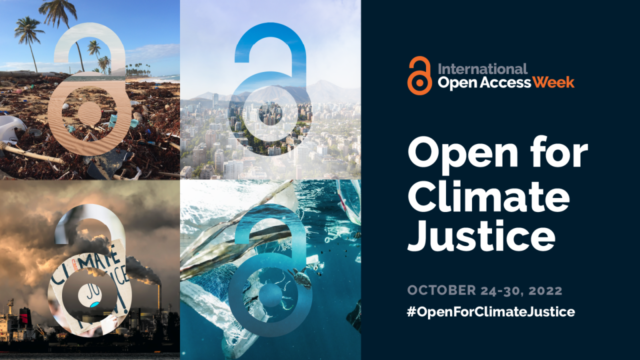
KM in project-based & temporary organisations: Part 1 – Barriers to knowledge sharing and transfer
This article is part 1 in a series of articles on knowledge management (KM) in project-based and temporary organisations.
Effective knowledge management (KM) can be challenging in any organisation, but especially so in project-based and temporary organisations. Teams for a specific project or purpose will often be established with staff from different parts of an organisation or from outside the organisation, so these project teams may not have existing knowledge sharing relationships. On top of this, once the project has been completed or a temporary organisation’s purpose fulfilled, the staff will often move on to other projects or organisations, potentially taking their knowledge with them.
This series of articles draws on a range of research to provide knowledge managers, project managers, and their organisations with guidance in how to meet the challenges of KM in project-based and temporary organisations. This first part (part 1) looks at the barriers to knowledge sharing and transfer in project-based and temporary organisations, and then subsequent parts (part 2 onwards) provide advice on how to overcome these barriers.
The identified barriers directly relate to the challenges identified above: knowledge sharing within projects, and inter-project knowledge transfer.
Barriers to knowledge sharing within projects
In a Victoria University doctoral dissertation1, Karagoz identifies the following barriers to knowledge sharing within projects:

Barriers to inter-project knowledge transfer
In a paper2 presented at the International Conference on Global Innovation in Construction, Wiewiora and colleagues identify the following barriers that hinder inter-project knowledge transfer:

Next part (part 2): The role of the Project Management Office (PMO).
Header image source: Alvaro Reyes on Unsplash.
References:
- Karagoz, Y. (2017). Exploring barriers to knowledge sharing in temporary organisations and their implications on project success: the case from the Victorian Public Service (Doctoral dissertation, Victoria University). ↩
- Wiewiora, A., Trigunarsyah, B., Murphy, G., & Liang, C. (2009). Barriers to effective knowledge transfer in project-based organisations. In Proceedings of the International Conference on Global Innovation in Construction (pp. 220-230). Loughborough University. ↩
Also published on Medium.






